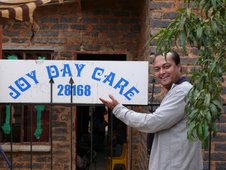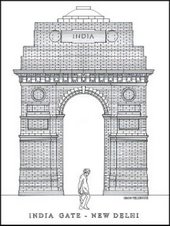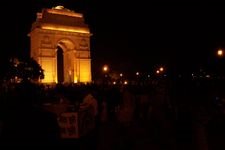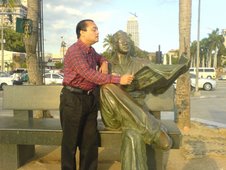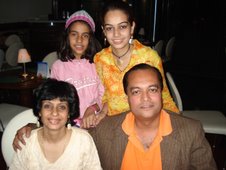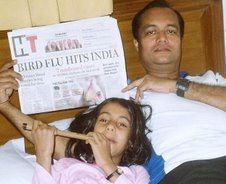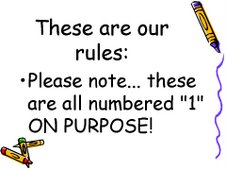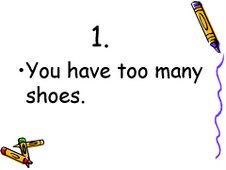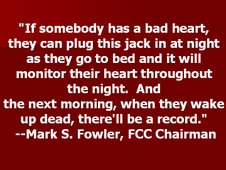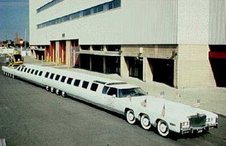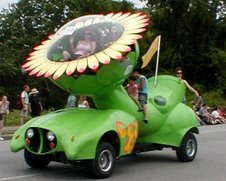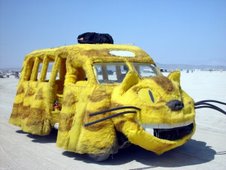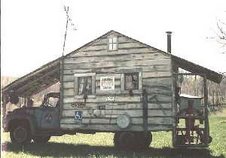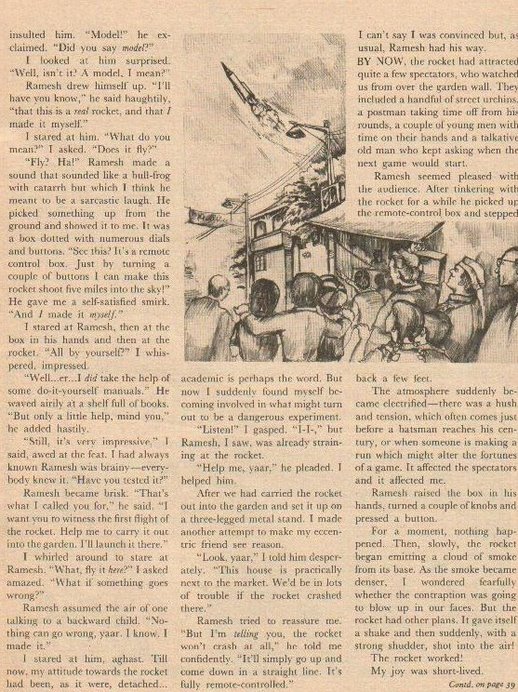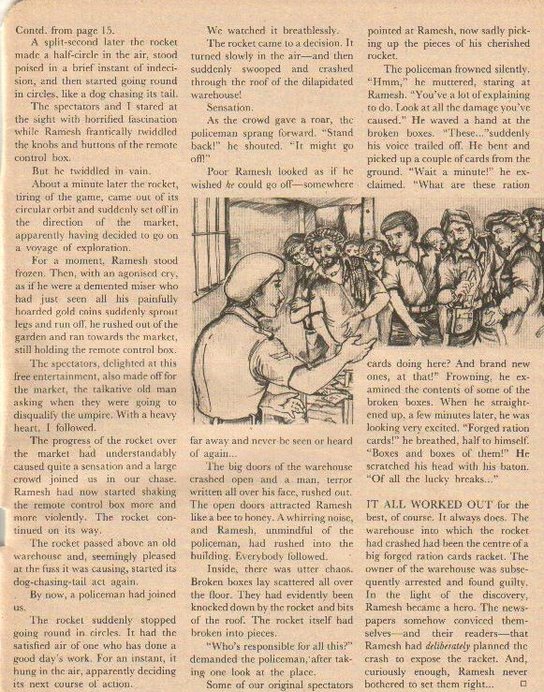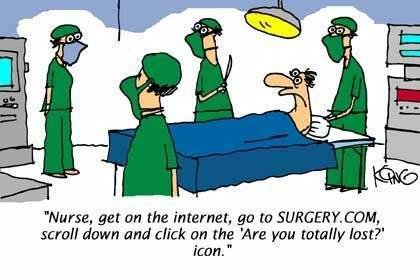
The first thing both Ramesh and I noticed, when we entered the street where Sanjeev lived, was the police-van parked in front of our fat friend’s house.
“I wonder what the matter is?” murmured Ramesh, half to himself, as we stared at the policemen loitering around Sanjeev’s front door.
As we reached the small crowd of curious onlookers standing on the pavement, the front-door swung open and our plump friend rushed out to join us, his school-bag in one hand and a half eaten apple in the other.
“Hi!” exclaimed Sanjeev, as he fell into step beside us. “Something very exciting happened last night!”
“What?” asked Ramesh, casting a backward look at the policemen.
“You’d never guess!” replied Sanjeev, his face flushed with excitement. “It was most extraordinary!”
I scratched my head. “You skipped your dinner?”
“Very funny.” Sanjeev cast a withering look in my direction. “You can save your wisecracks for later. This is very serious.” He bit into his apple in an overwrought manner and continued with his mouth full: “Somebody tried to burgle our house last night!”
Ramesh started like a starving bear that has just smelt honey. “What?” he exclaimed, swinging his head around to stare at Sanjeev. “A burglary?”
“An attempted burglary,” corrected Sanjeev, with the self-satisfied air of a storyteller who has managed to capture the attention of his audience. “We were woken up in the middle of the night by Sheru barking away for all he was worth. When we rushed downstairs to the drawing-room, we found that the French windows at the back had been forced open. Sheru’s barking must have scared away the burglar before he could take anything!”
“Any clues to the burglar’s identity?” asked Ramesh.
“Only two footprints on the flower-bed near the French windows. But the soles of the shoes that made them had been worn smooth. So there are no distinguishing marks.”
“Hmm!” Ramesh frowned thoughtfully. “There must be some more clues!” He assumed his ‘I am more efficient than the police’ look. “I think I should also have a look around the scene of the burglary!”
Sanjeev’s mouth fell open. “But, but the police won’t let you!” he exclaimed.
“Not now,” explained Ramesh patiently. “After school – when the police have gone. Now we’ve got to catch the school bus. And we’ve only one minute to reach the bus-stop. So let’s run!”
After school, we returned to Sanjeev's house. In true Sherlock Holmes style, we began examining THE SCENE OF THE CRIME. From the open doorway, I looked around the large room that served as the drawing-room of Sanjeev’s house. There was the usual sofa set, a television, and a stereo system. There were shelves lined with books, a couple of paintings adorned the walls. And other knick-nacks were strewn about the room. It was around two o’clock in the afternoon and Ramesh and I had thought of nothing else during the first half of the day, while we were attending our classes, except what we might discover when we stopped by at Sanjeev’s house on our way home from school.
Ramesh and Sanjeev walked over to the open French windows. “This is where the burglar tried to get in,” said Sanjeev.
Ramesh gazed down at the floor which was completely bare of any tell-tale signs. “Mmm! Let’s see if we can find any clues outside.” He and Sanjeev walked out through the French windows into the garden.
I wandered about the room, hoping to contribute to the hunt for clues. But the difficulty confronting the novice on these occasions is that it is so hard to tell what is a clue and what is not. Probably, there were clues lying about all over the place, shouting to me to pick them up. But how to recognize them? Sherlock Holmes could extract a clue from a wisp of straw or a flake of cigar-ash. Doctor Watson had to have it taken out for him and dusted and exhibited clearly with a label attached. I was forced reluctantly to conclude that I was more like a Doctor Watson. Giving up, I halted in front of a large gilt framed mirror that had been hung up on the wall opposite the door and straightened my tie.
Ramesh and Sanjeev re-entered the room from the garden. “Stop admiring yourself!” exclaimed Ramesh, seeing me. “From the way you’re staring at the mirror you’d think you were looking at a painting of the Mona Lisa!”
Sanjeev stepped in like a proud householder. “But you must admit that even a painting like the Mona Lisa would look nice inside that gilt frame!” he told Ramesh.
Ramesh looked closely at the mirror. “Perhaps,” he agreed. “When did you get it? I never saw it here before.”
“My mother bought it yesterday along with a couple of other things from the antique dealer’s shop in the old bazaar,” replied Sanjeev. He pointed to a small carved wooden stool with a drawer and the brass flower vase that had been placed on it. “My mother liked these three items and thought their prices were not too high. She…,” he broke off suddenly as the front doorbell rang. “I’ll see who it is,” he said.
Sanjeev stepped through the open doorway, crossed the small hall and swung open the front door.
“Does Mrs. Sharma live here?” I heard a man’s voice ask.
“Yes,” replied Sanjeev. “She’s my mother.”
“I would like to speak to her,” said the man.
“Please come in,” invited Sanjeev. Sanjeev backed away from the front door and I saw a tall, thin, neatly dressed man step into the hall. Sanjeev’s mother came down the stairs.
The man turned to her. “Mrs. Sharma? Pleased to meet you,” he said smoothly. “I represent the antique dealer from whose shop you bought three items yesterday. I will not beat about the bush. The counter-boy sold those items to you by mistake. They were already reserved for another customer. I have been asked to offer to buy them back from you.”
I looked at Ramesh, who had by now joined me at the door of the drawing-room. What a coincidence!




